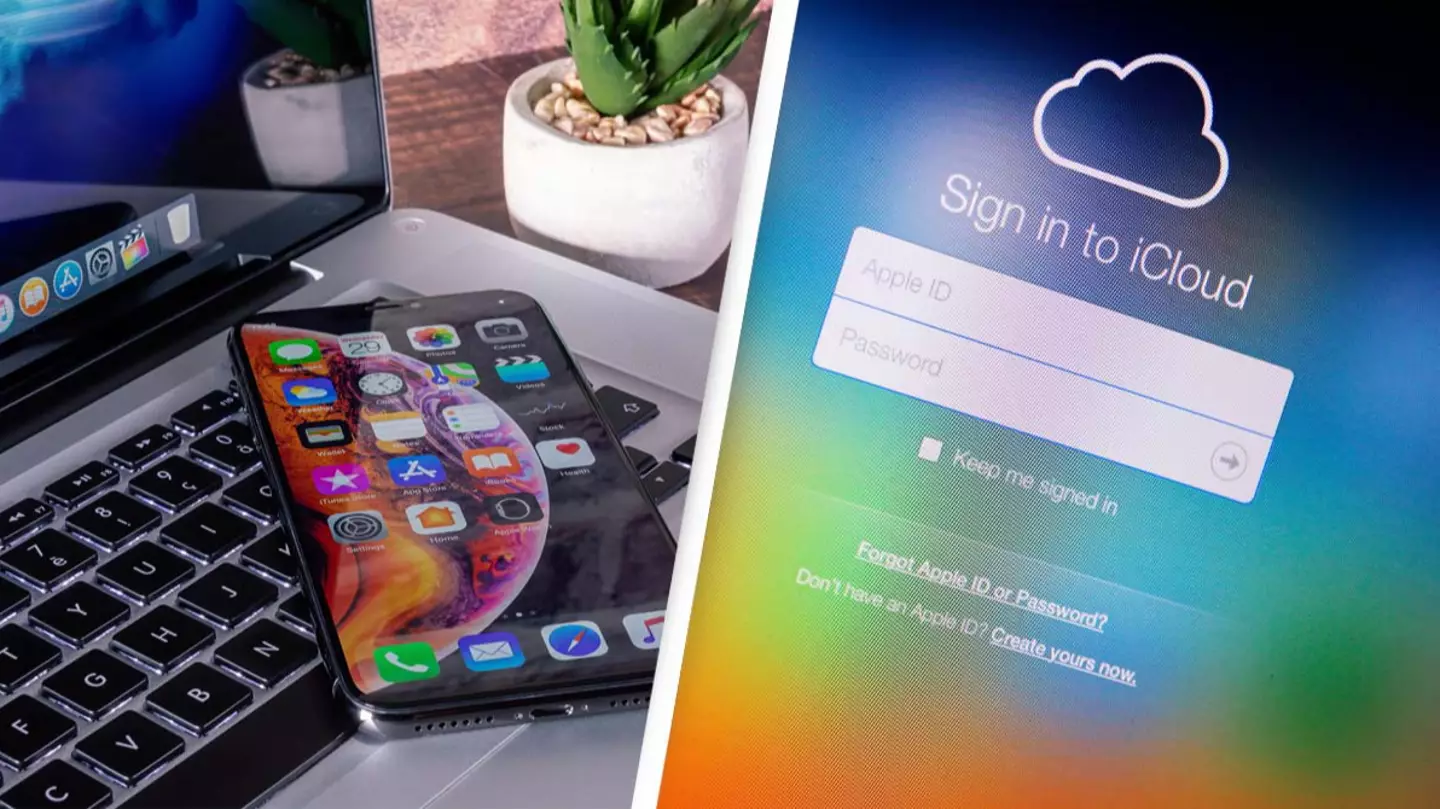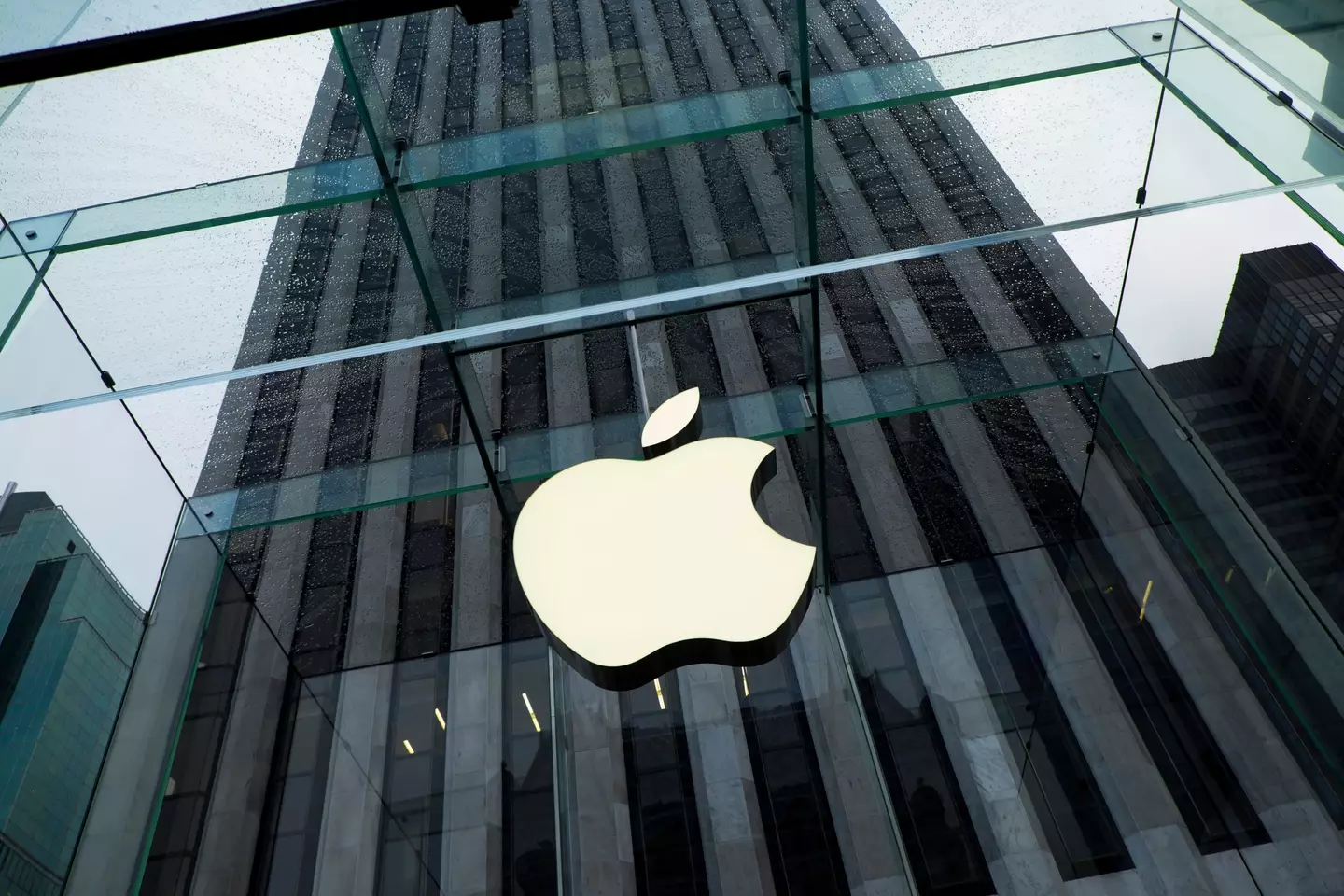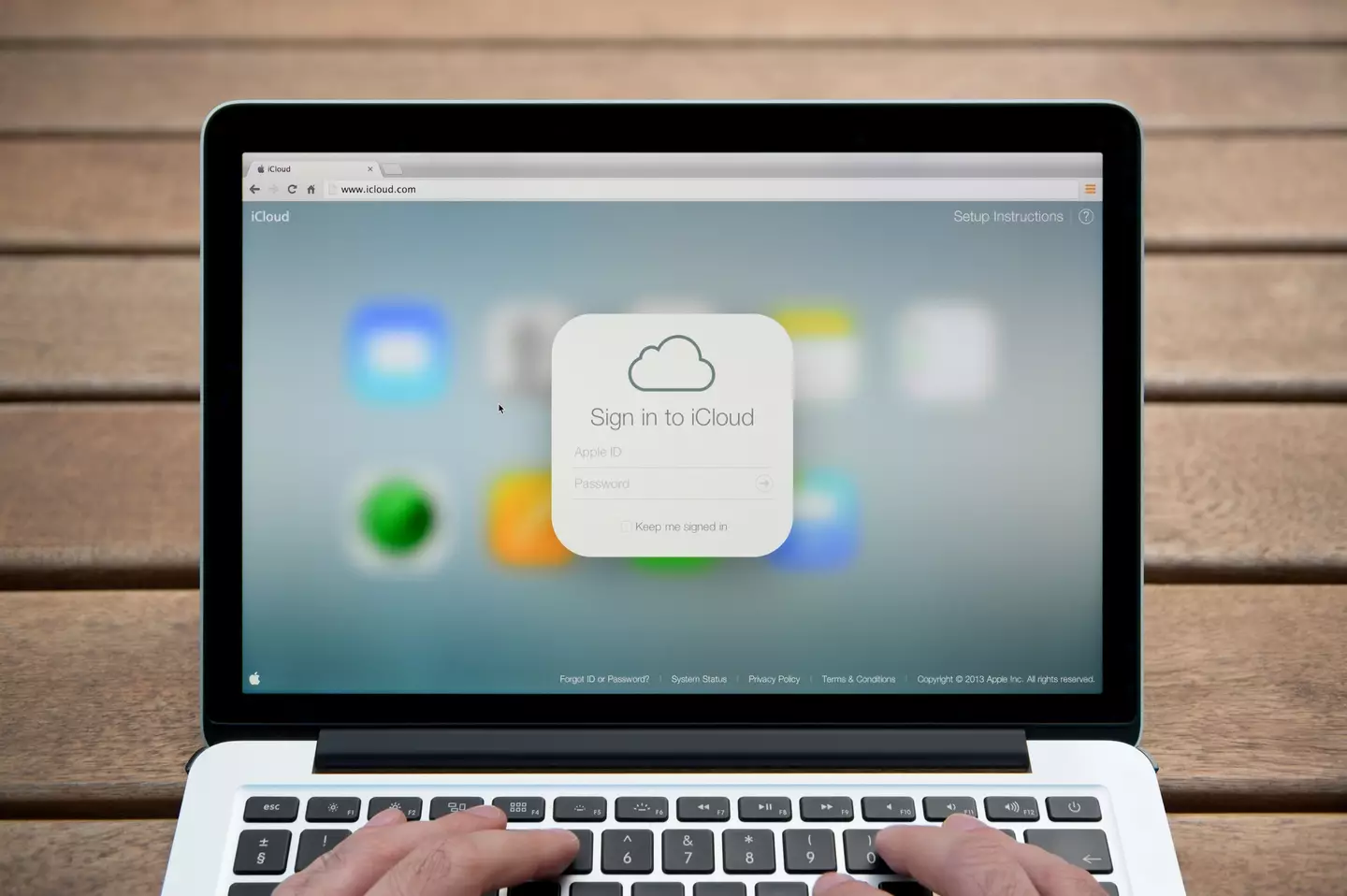
Apple is set to pay a hefty fee of $14.8 million (£11.2 million) to a number of its customers, having been accused of breaking the 'contract regarding the iCloud Service that Apple provides to its users'.
The accusation states Apple broke its terms and conditions by using third-party servers to store iCloud user's data, when the company should have actually stored that data on its own servers, in line with the contract it set out.
While Apple denies any wrongdoing, it has chosen to settle the case to avoid court, with the terms of the settlement outlining how the tech giant ‘maintains that it did nothing wrong and denies that it breached the iCloud Terms and Conditions with any user’.

Advert
Any US residents who paid for an iCloud subscription between 16 September 2015 and 31 January 2016 are eligible to receive a chunk of the payout, and should receive a notification soon if the email address they used to subscribe is still active.
A website for the lawsuit states: "The Parties to the Lawsuit have settled for $14.8 million. If you received an email notification from the independent Settlement Administrator about the Lawsuit, that means that you may be a Class Member. If you are a Class Member, you have the option of electing to receive a Class Payment by ACH transfer or by check."
Individuals can choose to receive the payment through an ACH transfer or by cheque by 23 May this year. If neither option is chosen, the amount may be paid to the account that pays for iCloud. Alternatively, a cheque may be sent to the address associated with the iCloud account at the time.

Advert
While Apple is forking out millions, those hoping to get their cut should be aware that the size of the payment they’ll receive depends on the tier of iCloud that they were on. For example, those who subscribed to the 1TB tier will receive more than people who used the 50GB or 200GB tiers. Money from similar settlements may get shared between millions, while lawyers also take their cut.
Affected Apple users can also opt out of receiving the payment and sue Apple themselves, with the website explaining: "If you decide to opt out of this Settlement, you will keep the right to sue Apple at your expense in a separate lawsuit related to the subject matter of the claims this Settlement resolves, but you give up the right to get a Class Payment from this Settlement."
Topics: Technology, Apple